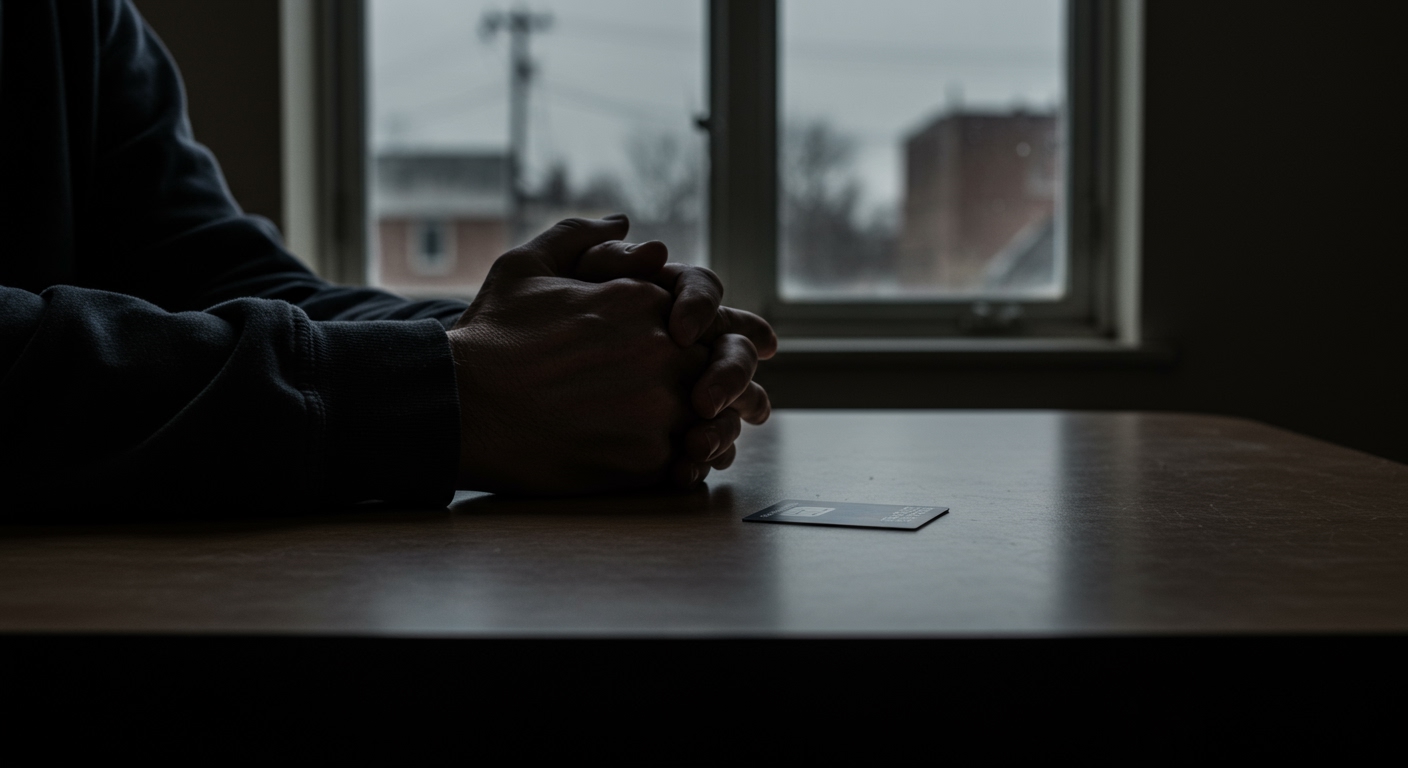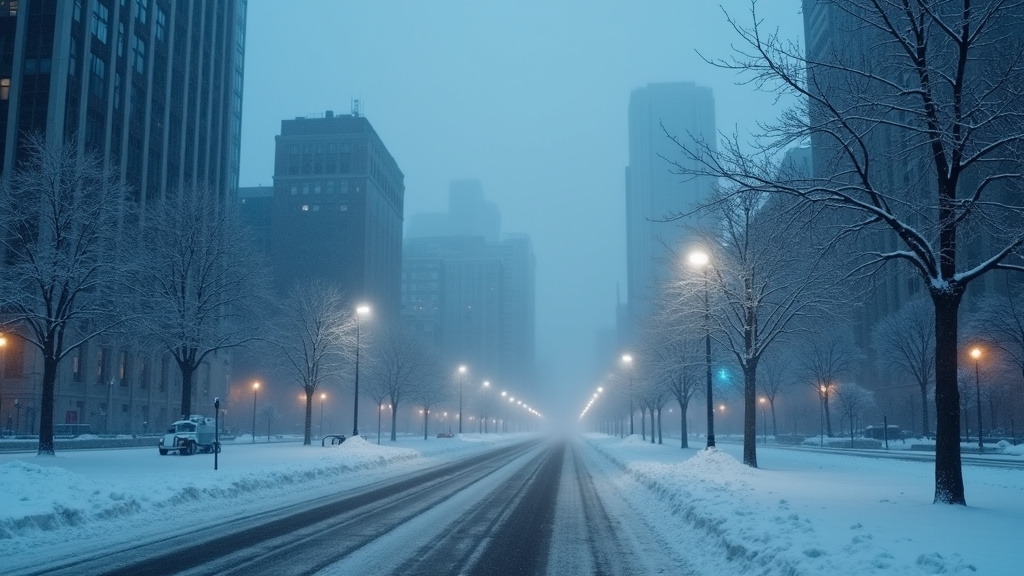SPRINGFIELD, IL – Governor JB Pritzker’s office has issued a stark warning that significant changes to the Supplemental Nutrition Assistance Program (SNAP), the federal program historically known as food stamps, enacted under federal legislation dubbed the “Big Beautiful Bill” by President Donald Trump, are projected to result in the loss of food assistance for over 360,000 low-income residents across Illinois.
The potential cuts stem primarily from two key changes introduced by the legislation: the imposition of new work requirements for SNAP beneficiaries and a substantial shift in the program’s funding structure, transferring a significant portion of the financial burden from the federal government to individual states. Historically, SNAP funding was provided 100% by the federal government. The new structure necessitates state financial contributions, a change Governor Pritzker contends poses an insurmountable fiscal challenge.
Fiscal Strain on State Budgets
According to estimates from Governor Pritzker’s administration, the funding shift mandated by the “Big Beautiful Bill” would require Illinois to absorb an estimated $705 million annually in costs previously covered by the federal government. Governor Pritzker has publicly stated that a financial burden of this magnitude is one that “no state can absorb,” underscoring the severe pressure it would place on Illinois’ state budget and its ability to fund other essential services or maintain current social safety net levels.
The reallocation of financial responsibility from federal to state budgets is a major departure for SNAP and comes alongside proposed national cuts to other critical social programs. The legislation reportedly seeks to slash $287 billion from SNAP nationally over the next ten years, and proposes cuts exceeding $1 trillion from Medicaid and the Affordable Care Act (ACA) nationwide over the same period.
Vulnerable Populations at Risk
The new work requirements embedded within the legislation are expected to disproportionately affect certain vulnerable populations who previously held exemptions. An estimated 23,000 individuals within Illinois belonging to these particularly susceptible groups are projected to lose their current work exemptions, potentially leading to a loss of benefits.
These at-risk populations include individuals experiencing homelessness (unhoused individuals), military veterans, and youth who have recently aged out of the foster care system. These groups often face unique challenges related to stable housing, employment, physical and mental health, and support networks that can make meeting standard work requirements difficult or impossible without specific exemptions.
Critics Warn of Increased Hunger, Not Employment
Critics of the new federal requirements argue that the stricter rules and reduced funding will not, as proponents claim, effectively move people from welfare to work. Instead, they contend the changes will exacerbate poverty and hunger among those already struggling. These critics highlight several additional groups they believe will be disproportionately impacted by the work requirements:
* Seasonal employees: Whose work is temporary and may not meet continuous hour thresholds.
* Single parents: Facing significant childcare barriers and time constraints.
* Formerly incarcerated people: Who often face systemic barriers to employment.
* Individuals with undiagnosed mental illnesses: Whose conditions may impede consistent work but are not formally documented for exemption.
* Older adults: Who may face age discrimination or health challenges not rising to the level of formal disability.
These groups, critics argue, are less likely to find stable, consistent employment that meets the new criteria and more likely to simply lose crucial food assistance, increasing food insecurity rather than boosting employment rates.
Broader Context of the ‘Big Beautiful Bill’
Beyond the changes to SNAP and Medicaid/ACA, the federal legislation encompasses a range of other significant spending and policy priorities. The bill allocates tens of billions of dollars towards border wall construction and enhanced immigration enforcement operations. It also includes provisions to extend tax cuts primarily benefiting the wealthiest Americans.
The Congressional Budget Office (CBO), the nonpartisan federal agency providing economic and budgetary analysis, estimates that the “Big Beautiful Bill” as a whole is projected to add $3.4 trillion to the national debt over the next decade, a figure that underscores the broad fiscal implications of the legislation beyond its impact on social safety nets.
Illinois’ Current SNAP and Medicaid Landscape
The potential impact of these federal changes is particularly significant in a state like Illinois, which serves a large population through these programs. Currently, approximately 1.9 million residents across Illinois receive SNAP benefits. Within Cook County alone, there are over 891,000 residents relying on SNAP assistance. The state’s Medicaid program provides health coverage to an even larger population, covering approximately 3.4 million individuals statewide.
The prospect of over 360,000 residents losing food assistance represents a major reduction in the number of people served by SNAP in Illinois, a cut that Governor Pritzker and other state officials warn could have cascading negative effects on food security, public health, and local economies.
As the new federal provisions take effect, state officials in Illinois and elsewhere face the challenge of navigating the increased financial burden and determining how to mitigate the impact on hundreds of thousands of low-income families and vulnerable individuals who may lose access to essential food support.












